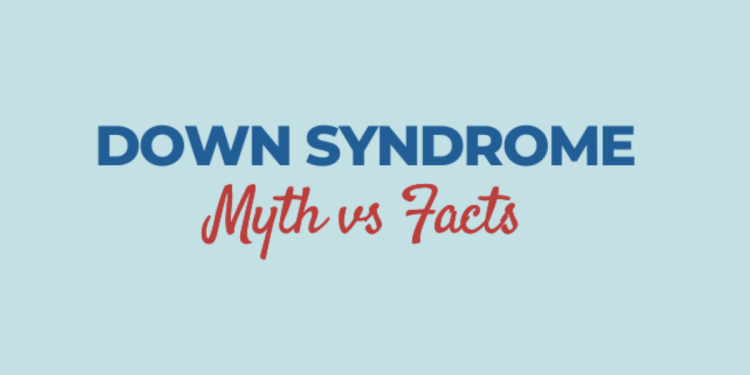Today is World Down Syndrome Day, a day set aside to advocate for the rights of people with Down Syndrome. This year’s theme is “What does inclusion mean? And the focus is on full inclusion into the society for people with Down Syndrome.
Down syndrome is a genetic condition where children are born with a 21st human chromosome. Babies with Down syndrome have an extra copy of the 21st chromosome and in medical terms this is referred to as ‘trisomy’. This extra copy of the chromosome changes how the baby’s body and brain develops and can cause both mental and physical challenges for the baby.
Down syndrome is characterised by distinct physical features and although researchers know that Down syndrome is caused by an extra chromosome, no one knows for sure why Down syndrome occurs or how many different factors play a role.
There are several myths around Down syndrome and some of these myths are harmful, reinforcing negative stereotypes and driving the exclusion of people with Down Syndrome.
To commemorate World Down Syndrome Day, below are a few myths and facts about the genetic condition:
.png)
Although there is no recent data to show the incidence of down syndrome in Nigeria, a study on the incidence of down syndrome in 1982 shows that 1 out of 865 live births in Nigeria during a 9 year period was born with down syndrome. Down syndrome has no specific treatment, however, some problems associated with down syndrome can be prevented and cured. Speech therapy, social and recreational activities, specialised educational services and physical therapy can help people with down syndrome function better.



.png)